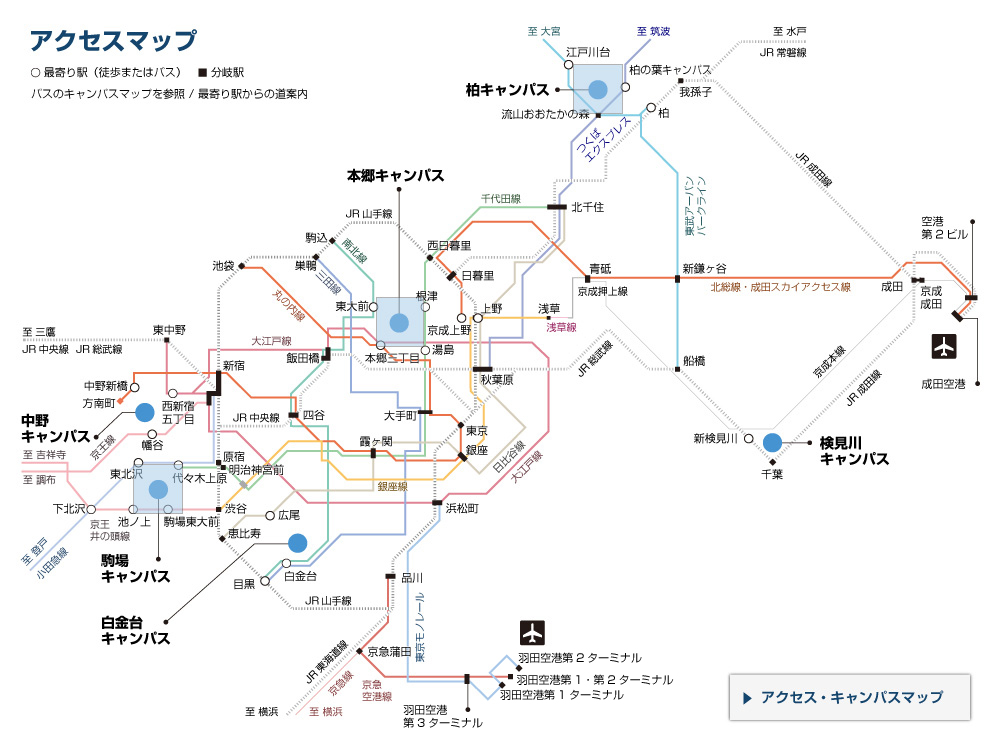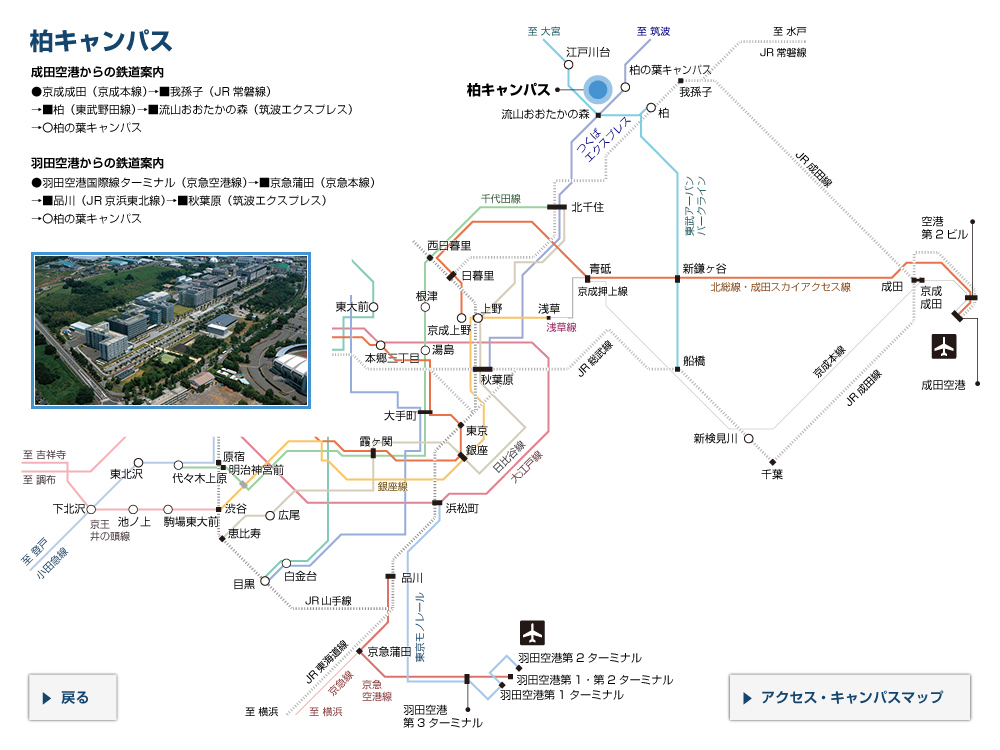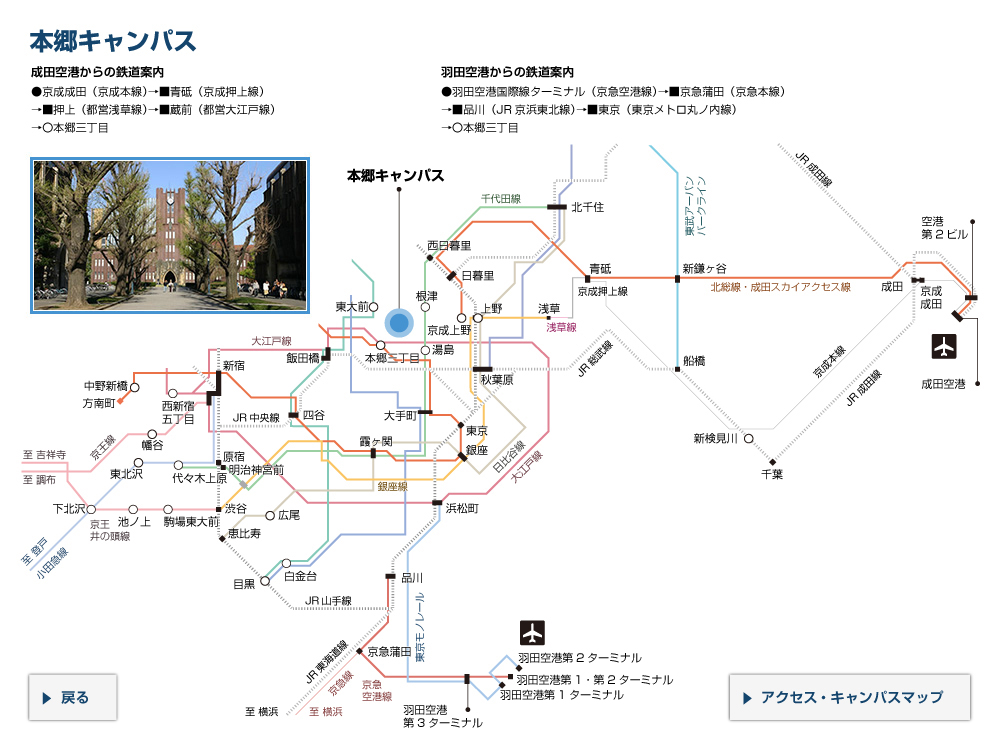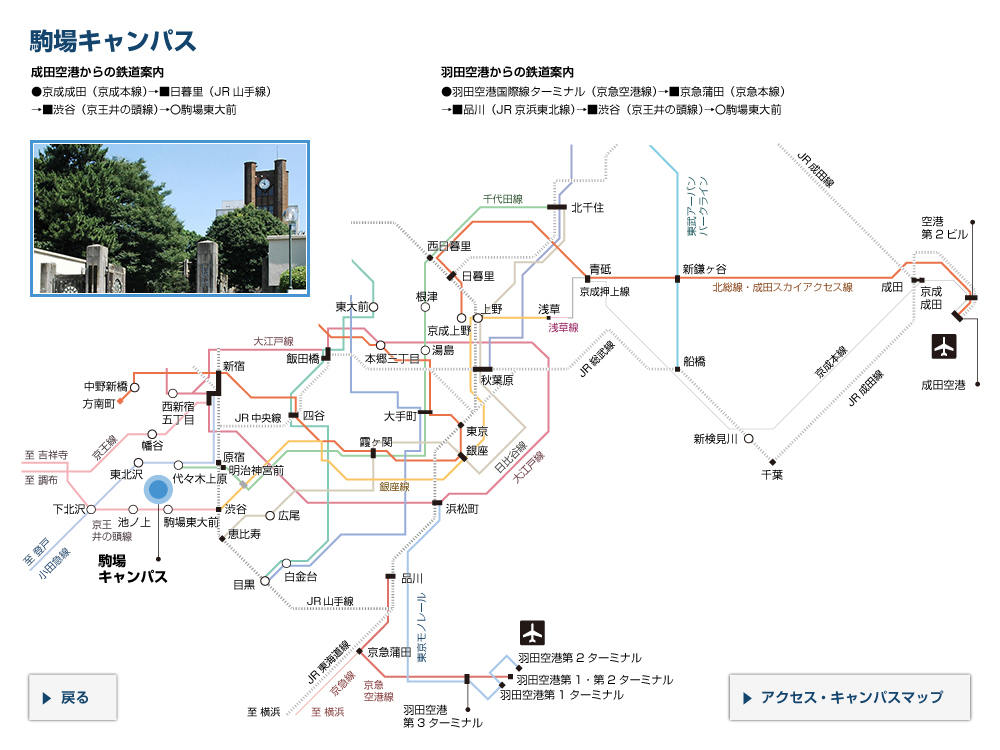第41回PoPセミナー:経済自由化とインドのイノベーション

基本情報
| 区分 | 講演会等 |
|---|---|
| 対象者 | 社会人・一般 / 在学生 / 卒業生 / 企業 / 大学生 |
| 開催日(開催期間) | 2016年6月1日 17時 — 18時30分 |
| 開催場所 | 本郷地区 |
| 会場 | 経済学研究科 学術交流棟(小島ホール)第2セミナー室 |
| 定員 | 60名 |
| 参加費 |
無料
|
| 申込方法 | 要事前申込 |
| お問い合わせ先 | STIG@pp.u-tokyo.c.jp |
(本セミナーは英語で行なわれます。同時通訳はありません)
Abstract:
Until 1991 India followed a policy of direct intervention in all matters related to economic activity. The country was subscribing to an important substituting strategy of becoming self-reliant in technology. However it never achieved that in any reasonable manner and the overall rate of growth of her economy never crossed what is now referred to as the “Hindu rate of growth”. All this was to change in 1991 when the economy liberalized, albeit in an adhoc and unstructured manner. Direct intervention was replaced with indirect intervention as far as technology development was considered. The country also tried to alter her National System of Innovation (NSI) by placing private business enterprises almost at the core of her NSI. The outcome, although strongly debated within the country, has been significant improvement in her overall economic growth performance so much that some say that India has now emerged as the fastest growing country in the world and is likely to remain at that exalted position for some more time in the future. She has also become the largest exporter of computer software services in the world since 2005, has become the sixth largest exporter of aircraft components and is usually referred to as ‘pharmacy of the developing world’ as far as her generic drugs industry is concerned. She has also become one of the most preferred locations for R&D services by MNCs. But has India really become very innovative during this phase of liberalization? It is this important question that the seminar proposes to answer with the aid of numerous indicators for measuring a country’s innovation performance as prescribed by the literature on economics of innovation. The presentation also seeks to find the feet that India needs to have to firmly place her on the sure path to technological dynamism.
Lecturer profile:
Dr Sunil Mani is a Professor at the Centre for Development Studies, Trivandrum, Kerala, India and is now Visiting Professor at the National Graduate Institute for Policy Studies, Tokyo, Japan. Earlier he has been a visiting professor at Bocconi University, Milan, Italy, the University of Toulouse-Jean Jaurès, Toulouse, France and the Indian Institute of Management Calcutta, Kolkata, India and has also worked at the United Nations University- MERIT, Maastricht, The Netherlands as a researcher and head of graduate studies. He is specialized in the economics and policy studies of innovation and one of his most recent publications includes a book with Professor Richard Nelson of Columbia University, TRIPS Compliance, National Patent Regimes and Innovation, Evidence and Experience from Developing Countries, Cheltenham, UK and Northampton, Mass, USA., 2013. He holds a PhD in Economics from Jawaharlal Nehru University, New Delhi, and has done post-doctoral research at University of Oxford.






